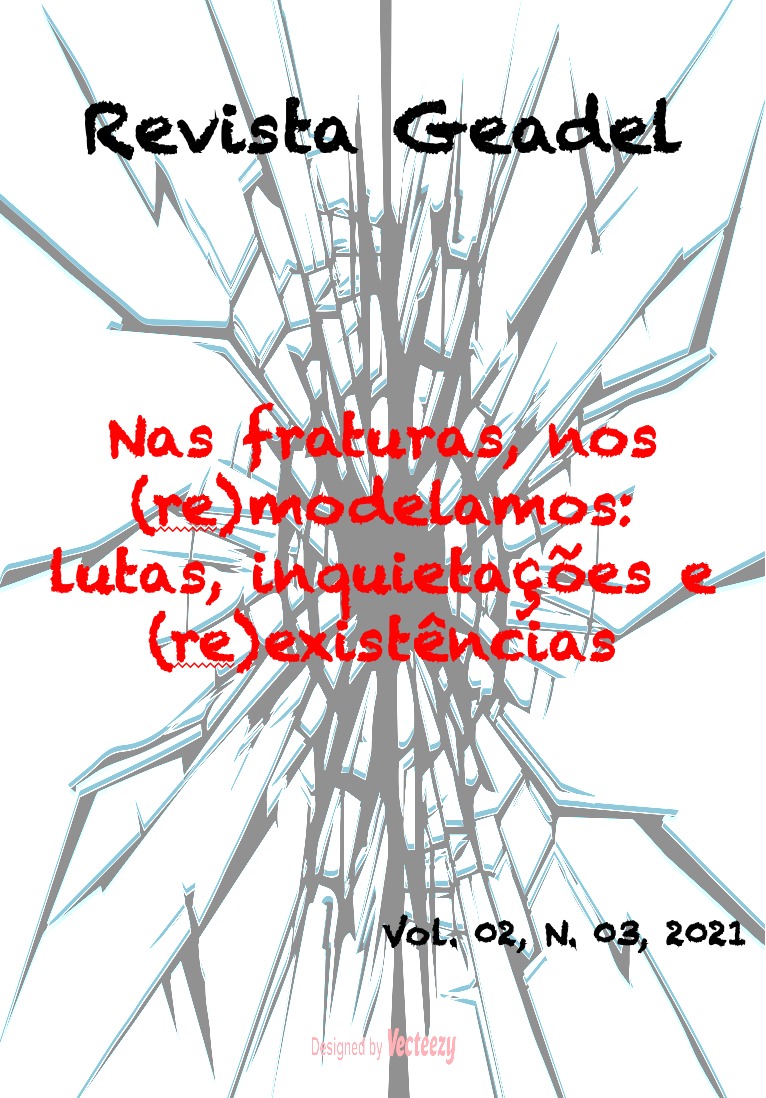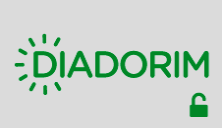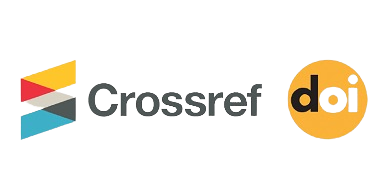Embracement and Collaboration in Principals’ Meetings: a multimodal analysis
a multimodal analysis
DOI:
https://doi.org/10.29327/269116.2.3-6Keywords:
Multimodality, Critical Collaboration, Comfortable Collaboration, EmbracementAbstract
This article proposes to analyze multimodally the exchanges between school administrators of the third edition of the “Brincada Project”Managers' Play and to verify if the interaction promoted welcoming and collaboration among the participants. The theoretical assumptions consider the perspectives of multimodality by Kress (2005; 2010), Bezemer and Kress (2010) and Liberali (2012), critical collaboration by Magalhães (2012; 2014), comfortable collaboration by Fullan & Hargreaves (2000) and welcoming as a commitment, listening and co-responsibility of the collective in solving problems. (SONNEBORN; WERBA, 2013). The analyzed data were produced in this meeting; an excerpt of the video was selected that was intended to engage the participants and that generated intense interactions between them and greater alternation of shifts. The analysis resulted in a framework with multimodal categories of analysis and interpretation and pointed to more or less welcoming ways of building collaboration between the participants.
Keywords: Multimodality; Critical Collaboration; Comfortable Collaboration; Embracement.
Downloads
References
ADAMI, E.; KRESS, G. The social semiotics of convergent mobile devices: new forms of composition and the transformation of habitus. In: Multimodality a social semiotic approach to contemporary communication. New York: Routledge, 2010.
BEZEMER, Jeff; KRESS, Gunther. Changing Text: A Social Semiotic Analysis of Textbooks. Designs for learning, v. 3, 2010.
BEZEMER, Jeff; JEWITT, Carey. Multimodality: A guide for linguists. L. Litosseliti (ed), Research Methods in Linguistics (2nd), p.1-18, 2018.
DUNKER, C.; THEBAS, C. O palhaço e o psicanalista: como escutar os outros pode transformar vidas. São Paulo: Planeta do Brasil, 2019.
FULLAN, Micheal.; HEAGREAVES, Andy. A escola como organização aprendente: buscando uma educação de qualidade. Porto Alegre: Artes Médicas Sul, 2000.
_______. Por que é que vale a pena lutar? O trabalho de equipe na escola. Porto
Editora, 2001.
KRESS, Gunther. Gains and losses: New forms of texts, knowledge, and learning. Computers and composition, v. 22, n. 1, p. 5-22, 2005.
______________. Multimodality: A social semiotic approach to contemporary communication. Taylor & Francis, 2010.
LIBERALI, F. C. A argumentação multimodal na compreensão e na transformação de contextos escolares. Discurso e Argumentação: Fotografias Interdisciplinares, v.1, p. 173-196, 2018.
LIBERALI, Fernanda; FUGA, Valdite Pereira. Argumentação e formação/gestão de educadores no quadro da Teoria da Atividade Sócio-Histórico-Cultural. Revista Desenredo, v. 8, n. 2, 2012.
LIBERALI, F.C. ; MAGALHAES, M. C. C. ; MEANEY, M. C. ; DIEGUES, U. C. C. ; SOUSA, S. S. ; PARDIM, R. P. . Critically collaborating to create the viable unheard of: connecting Vygotsky and Freire to deal with a devastating reality. EUA: Springer, 2020 (Artigo/Capítulo Submetido - prelo).
MAGALHÃES, Maria Cecília Camargo. O método para Vygotsky: a zona proximal de desenvolvimento como zona de colaboração e criticidades criativas. In: SCHETTINI, R.H. et al. (org). Vygotsky: uma revista no início do século XXI. São Paulo: Andross, 2009.
MAGALHÃES, Maria Cecília Camargo. Pesquisa Crítica de Colaboração: Escolhas epistemo-metodológicas na organização e condução de pesquisas de intervenção no contexto escolar. In: MAGALHÃES, M. C. C.; FIDALGO, S. S. (Orgs.) Questões de Método e de Linguagem na Formação Docente. Campinas, SP:Mercado de Letras, 2011, p. 13-39. (Série Faces da Linguística Aplicada).
______________. Vygotsky e a pesquisa de intervenção no contexto escolar: A pesquisa crítica de colaboração–PCCOL. A teoria da atividade sócio-histórico-cultural e a escola: recriando realidades sociais. Campinas: Pontes, p. 13-26, 2012.
______________. Escolhas teórico-metodológicas em pesquisas com formação de professores: as relações colaborativo-críticas na constituição de educadores. Estudos críticos da linguagem e formação de professores/as de línguas: contribuições teórico-metodológicas. Campinas: Pontes, p. 17-48, 2014.
_____________. Formação contínua de professores: A organização cítico-colaborativa para transformação. LING. – Est. e Pesq., Catalão-GO, vol. 22, n. 2, p. 17-35, jul./dez. 2018
SAWAIA, B. B.; PEREIRA, A.; SANTOS, L. M. C. Psicologia e população em situação de rua: apontamentos sobre a produção científica no Brasil. In: Afeto & comum: reflexões sobre a práxis psicossocial , Bader B. Sawaia, Renan Albuquerque e Flávia R. Busarello, Alexa Cultural: São Paulo, 2018.
SONNEBORN, D.; WERBA G. Contribuição para uma teoria e técnica do acolhimento em saúde mental. Conversas Interdisciplinares: v. 8, n. 3 (2013). Disponível em http://www.periodicos.ulbra.br/index.php/ci/article/view/3953/pdf

Downloads
Published
How to Cite
Issue
Section
License
Copyright (c) 2021 Academic Journal Geadel

This work is licensed under a Creative Commons Attribution-NonCommercial 4.0 International License.
Os autores concedem à revista todos os direitos autorais referentes aos trabalhos publicados. Os conceitos emitidos em artigos assinados são de absoluta e exclusiva responsabilidade de seus autores.




